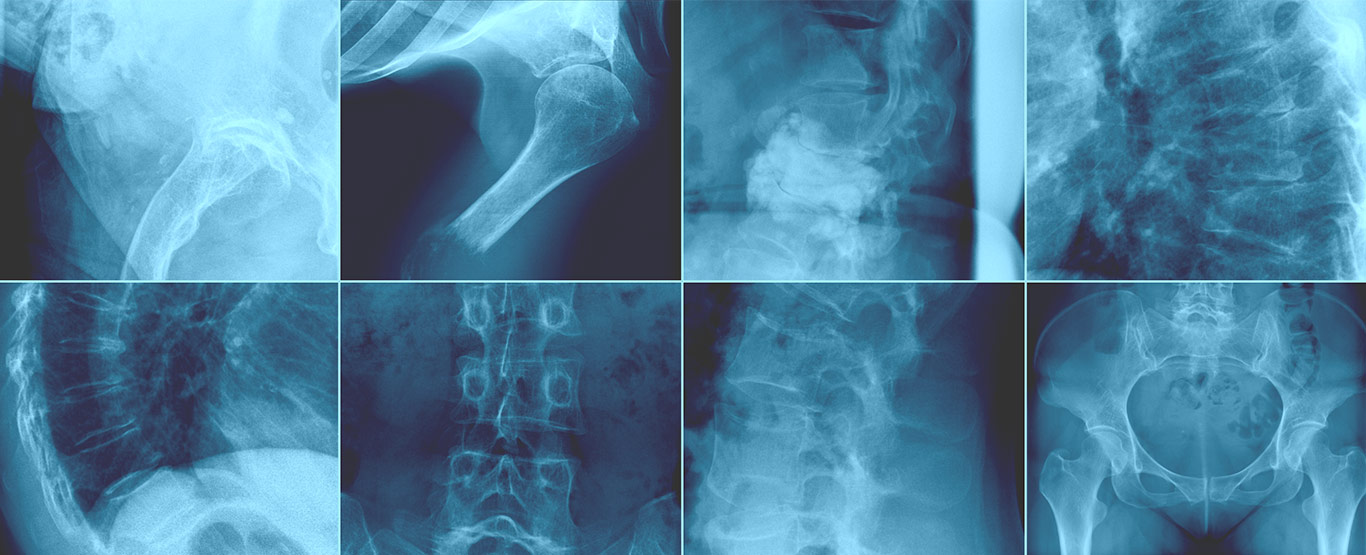
New funding to investigate innovative treatment approach for Osteogenesis Imperfecta
Dresden, 07.05.2020
The Bone Lab Dresden received another funding from the DFG to investigate a new treatment approach for Osteogenesis Imperfecta (OI), also known as “brittle bone disease”, a genetic bone disorder that is characterized by low bone mass, reduced bone strength, and fractures. Project leader, Dr. Ingo Grafe, and his research team will analyse to what extent TGF-β-inhibition can improve the treatment response to intermittent PTH treatment in OI. Dr. Grafe joined the Bone Lab and the Division of Endocrinology, Diabetes, and Bone Diseases at the Universitätsklinikum Dresden in the end of 2019 as a Clinician Scientist. He is an expert in bone disorders, mouse models of bone diseases, and signaling pathways that control bone homeostasis.
Based on preliminary findings, Dr. Grafe believes that the results of his project will provide important new insights of the molecular and cellular mechanisms that contribute to the bone fragility in Osteogenesis Imperfecta, and that these findings may also translate into a novel treatment concept that is based on the distinct pathophysiology of OI. Furthermore, the mechanistic insights learned within this three-year project could also translate to other common bone diseases, such as osteoporosis, and might pave the way for better bone treatment options.
